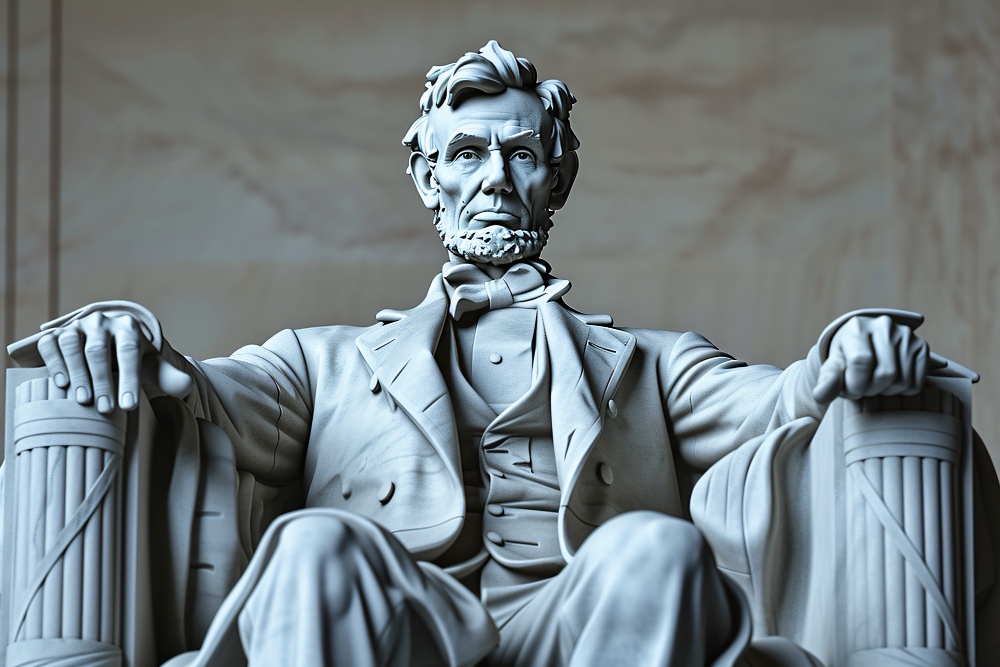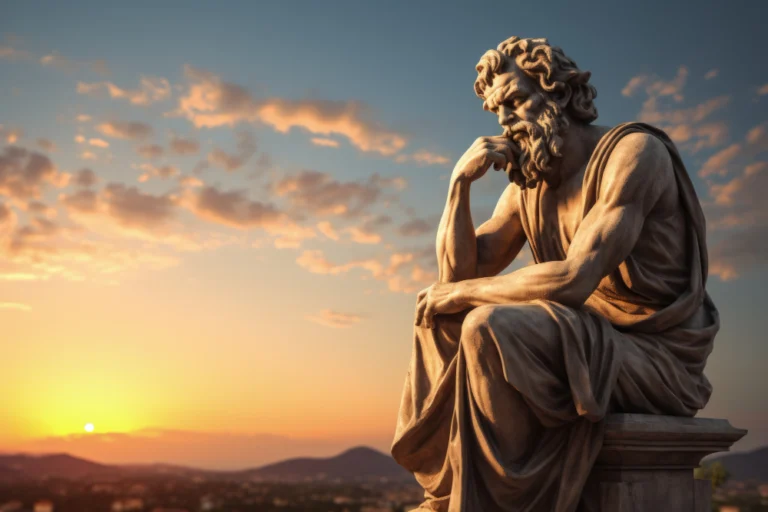A Great And Motivational Biography And Life Story Of Abraham Lincoln
Abraham Lincoln is one of the most inspirational figures in world history. His journey from a humble background to becoming the 16th President of the United States is nothing short of extraordinary. Abraham Lincoln’s story is a testament to perseverance, hard work, and the relentless pursuit of justice. He is best known for abolishing slavery, preserving the Union during the Civil War, and leaving behind a legacy of leadership that continues to inspire generations.
Born in a log cabin in Kentucky, Abraham Lincoln’s early life was filled with struggles. He faced many obstacles but never gave up on his dreams. His ability to rise above hardships and work tirelessly toward his goals makes him an enduring symbol of success. This article about Abraham Lincoln’s story delves deep into his journey, highlighting key moments and Abraham Lincoln anecdotes that define his legacy.
Abraham Lincoln Early Life
- Born on February 12, 1809, in Hardin County, Kentucky (now LaRue County), Abraham Lincoln’s childhood life was one of poverty and hardship.
- His parents, Thomas and Nancy Lincoln, were farmers who struggled to make ends meet.
- Lincoln had limited formal education but was self-taught, often borrowing books to educate himself.
- He developed a strong sense of justice and fairness from an early age, influenced by his experiences and the books he read.
- After the death of his mother in 1818, Lincoln’s father remarried, and his stepmother, Sarah Bush Lincoln, encouraged his love for reading and learning.
Abraham Lincoln’s Journey to Success
- As a young man, Lincoln worked as a laborer, rail-splitter, and store clerk before moving into law and politics.
- His Abraham Lincoln success story began when he moved to New Salem, Illinois, where he worked as a storekeeper and postmaster.
- He developed a passion for law and entered politics, serving in the Illinois State Legislature.
- In 1836, he became a lawyer and quickly gained a reputation as an honest and skillful attorney.
- Lincoln married Mary Todd in 1842, and they had four children.
Political Career and Presidency
- Lincoln’s political career took off when he was elected to the U.S. House of Representatives in 1846.
- He strongly opposed the expansion of slavery, a stance that earned him both supporters and enemies.
- His famous debates with Stephen A. Douglas in 1858 showcased his eloquence and moral clarity on the issue of slavery.
- In 1860, Abraham Lincoln’s biography took a historic turn when he was elected as the 16th President of the United States.
- His presidency was marked by the Civil War, one of the most challenging periods in American history.
- Lincoln issued the Emancipation Proclamation in 1863, which declared the freedom of slaves in Confederate states.
Abraham Lincoln’s Leadership and Legacy
- Despite the Civil War, Lincoln remained steadfast in his mission to preserve the Union and end slavery.
- His Gettysburg Address in 1863 remains one of the most powerful speeches in history.
- He pushed for the passage of the 13th Amendment, which abolished slavery in the United States.
- His leadership during the war earned him immense respect and admiration.
Abraham Lincoln’s Assassination and Immortal Legacy
- On April 14, 1865, Lincoln was assassinated by John Wilkes Booth at Ford’s Theatre in Washington, D.C.
- His death was a tragic loss, but his legacy continued to shape the future of America.
- Today, Abraham Lincoln’s autobiography, speeches, and letters serve as a source of inspiration for leaders and thinkers worldwide.
Books and Resources on Abraham Lincoln
- Abraham Lincoln biography book collections offer deep insights into his life and legacy.
- His autobiography and numerous biography books in English and Hindi continue to inspire readers.
- For those interested in an in-depth study, Abraham Lincoln’s biography PDF versions are widely available online.
Conclusion
Abraham Lincoln’s story is one of resilience, wisdom, and unyielding determination. His rise from poverty to the highest office in the land is a beacon of hope for anyone facing adversity. His commitment to justice and equality set the foundation for modern democracy. Today, his life serves as a reminder that greatness is achieved through perseverance, courage, and the unwavering pursuit of truth. Lincoln’s life story remains a guiding light for all who dare to dream and work hard to turn those dreams into reality.
At SV Enlightment, we believe in empowering individuals through the wisdom of great thinkers like Abraham Lincoln’s autobiography. By applying his principles in your own life, you can carve your own path to greatness and make a lasting impact. To read more such articles on personal development, self-growth, the latest trends, biographies of great people, self-improvement tips, motivation and more, SV Enlightment is the best choice for you.







